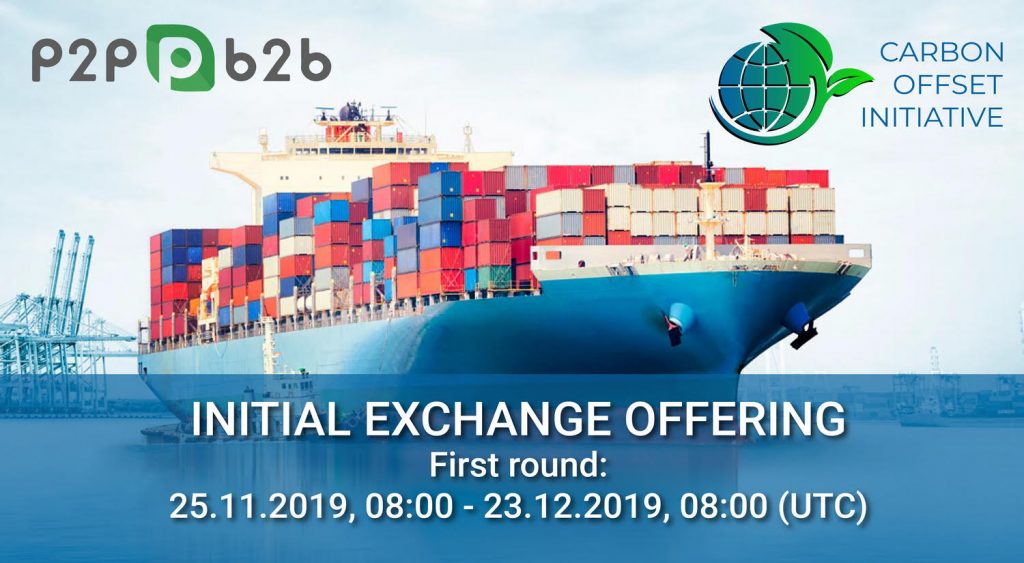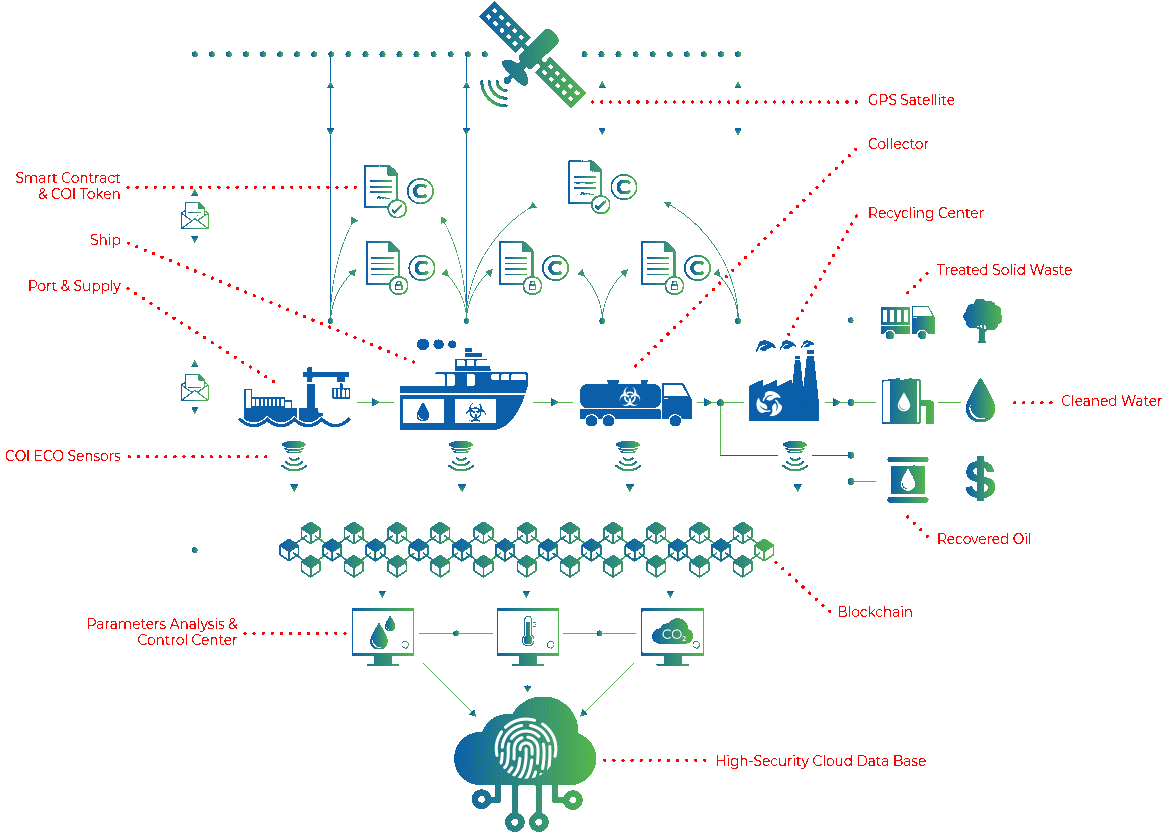Can blockchain technology help clean the oceans and improve waste management practices?

The Blockchain technology offers innovations and improvements to the conventional way of how we treat ocean pollution.
The fields for the application of blockchain technology drastically increased over the past decade. The primary usage of the technology was its utilization as a payment medium, providing a quick, secure, and transparent way of collecting and transferring funds across the globe.
The adoption of the new technology goes beyond payments as blockchain is being deployed as a data collection medium, credentials verification tool, file transfer protocol, and others. The widespread adoption of blockchain leads to an increased number of companies shifting their business operations to the blockchain network for empowering their core operations, regardless of their industry and specialization.
Blockchain adoption took place in the field of ecology and green future, too. Blockchain effectively streamlines the cumbersome tasks related to data gathering and processing. The modern-day battle with pollution relies on ineffective manual actions.
Looking at the maritime industry, all ship-related data, such as routing information, fuel levels, and spillages are being collected by hand and are then being transcribed to a non-uniform language. The complexity of the process creates barriers for the provision of quality waste management services, lowering the services` efficiency.
Utilization of the blockchain technology can potentially influence cost reductions, can provide real-time data, and can be used as a risk management tool for cargo and freighting transport providers. The Slovenia-based company, called Carbon Offset Initiative [COI], tries to harness the power of blockchain in a bid to reduce waste. This is done by developing hardware and software blockchain solutions, enabling monitoring, analysis, and management of the waste left by large cargo ships.
The blockchain of COI is based on the Ethereum blockchain protocol and uses smart contracts to verify data transmissions and payment transactions. By using satellite data, each monitored parameter can be immutably stored on the public blockchain, making it almost impossible to counterfeit. All users on the chain – from ship operators to recycling centers, could benefit from the blockchain by cutting fuel costs, oil incineration, slops management [slops resemble hydrocarbon-rich compounds, which are generated by ships], and settlement between parties.
The hardware consists of various sensors, including vibration sensors, cameras, and lasers. The sensors will be installed on vessels and will track in real-time the quality and quantity of oil in the bunkers and slops tanks. Humidity, temperature, fuel consumption, and routes will also be recorded and sent directly via satellite connection to data gathering centers.
A key reason for COI’s decision to use blockchain is the high degree of transparency, which prevents possible fuel thefts. Real-time data transmitted through 3 different sensors provide accurate data within minutes, diminishing the chances of illicit behavior. Thus, the increased effectiveness of the entire operational chain is obtained. Information about how vessels carry goods is also transmitted every few seconds, and all gathered data is then stored in a cloud.
In 2017 the companies behind the project, Clean Sea Services and Urban Management, started a discussion about a potential partnership, and in 2018 they established Carbon Offset Initiative. Founded by the EU Business School [EUBS] professor Jean-Christophe Vautrin and EUBS alumnus Vuk Bjelajac, the company sets the bar high and takes the ambitious initiative of drastically reducing carbon footprint in the maritime industry.
The COI’s team also consists of experts with substantial industry knowledge and other EUBS lecturers and students coming from different university disciplines. The EUBS, which is one of the leading business universities in Switzerland with campuses across Europe, also supports the project as it appreciates its grand vision and innovation.
COI launched an ICO fundraising venture available to nearly everyone around the globe. Due to regulatory restrictions, however, citizens of China, the United States, Israel, and South Korea are not eligible to participate in the token sale. The initial coin offering consists of 500 million COI tokens. As of press time, the project is in a pre-ICO stage, meaning investors have the chance to buy COI ERC-20 tokens at a 50% discount rate, equal to $0.07 per token.
The pre-ICO stage started on October 10th and will continue until 5th January 2020. The company organizes its first IEO session on the P2PB2B exchange on 25th November 2019, running in parallel with the ICO. The minimum purchase for supporting the COI initiative is set to 700 COI tokens, which is equal to $49 USD.
Disclaimer: This a paid post, and should not be treated as news/advice.

